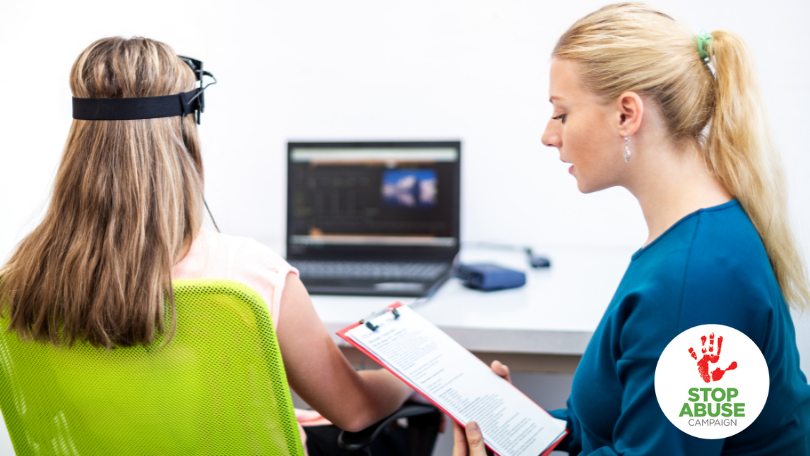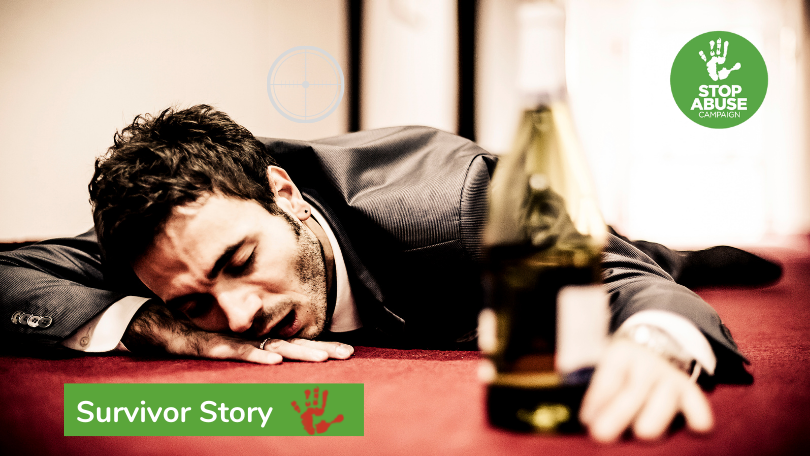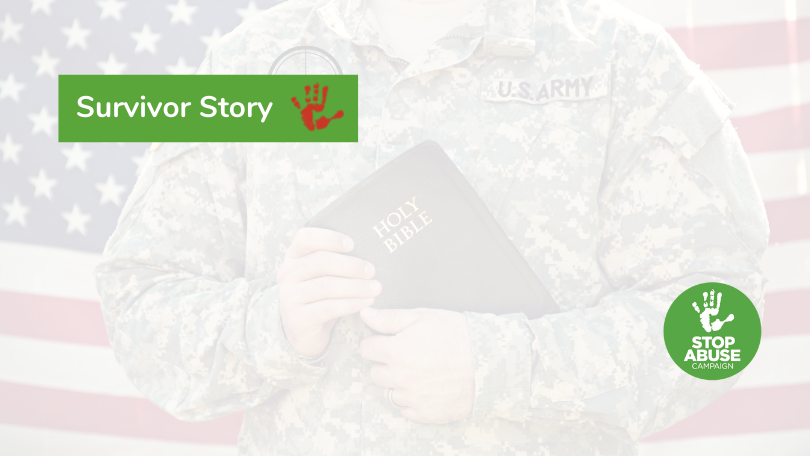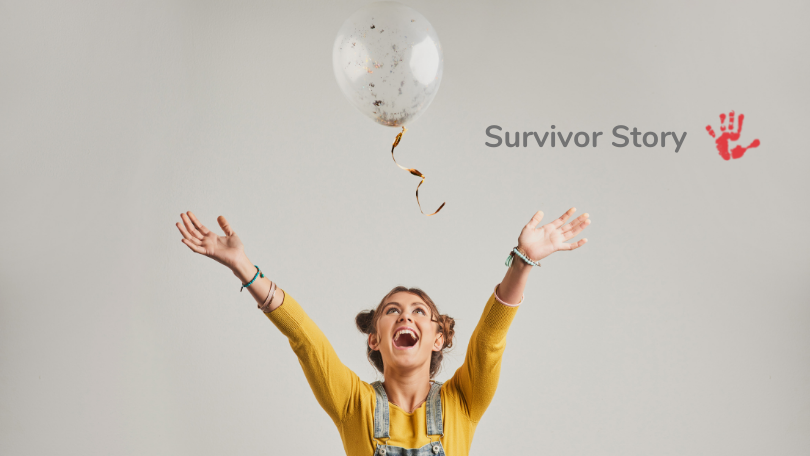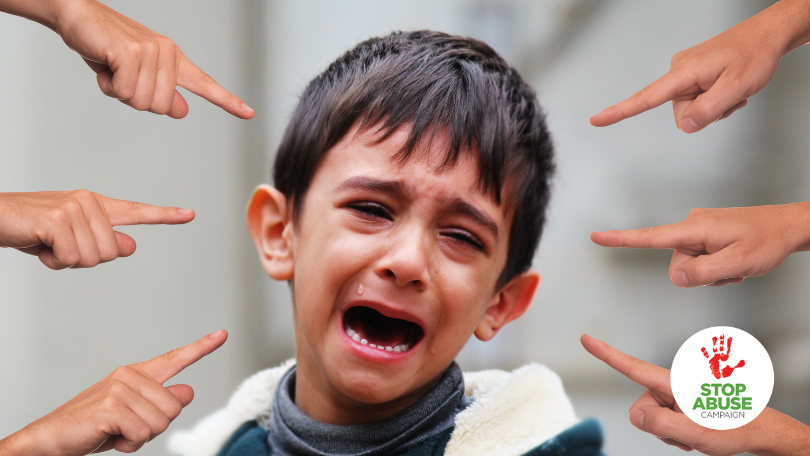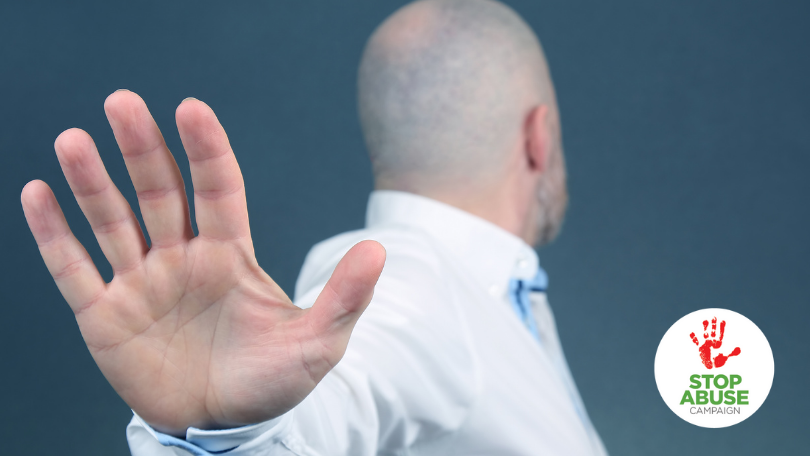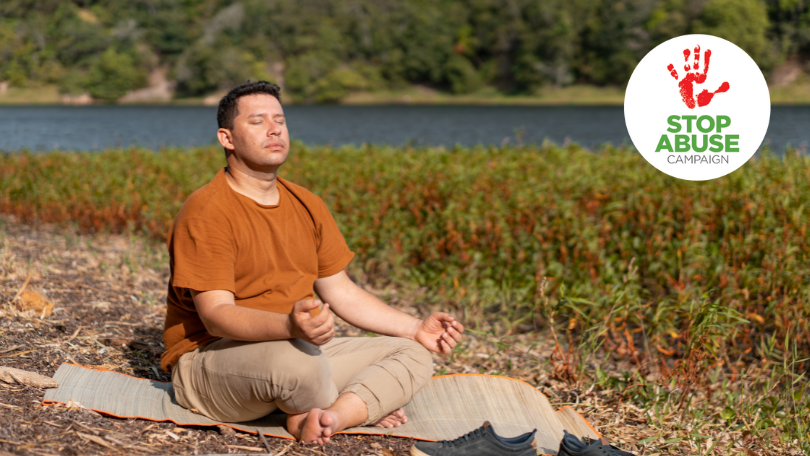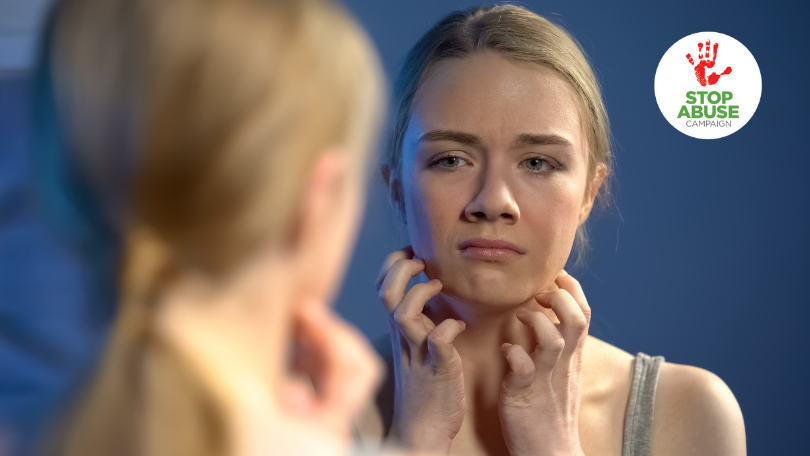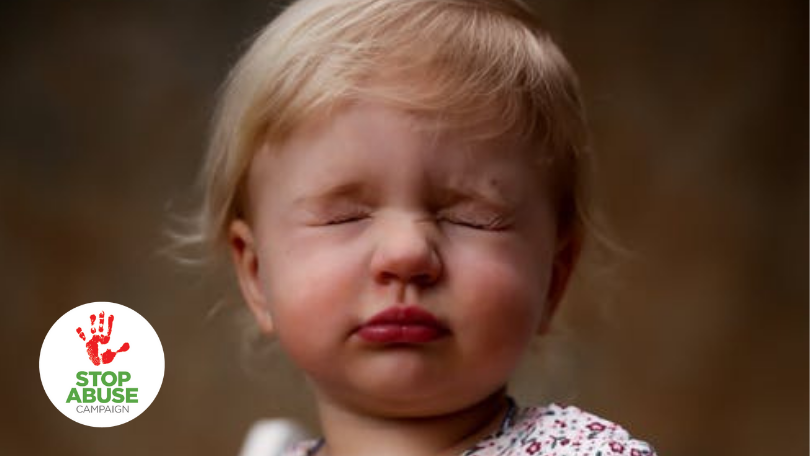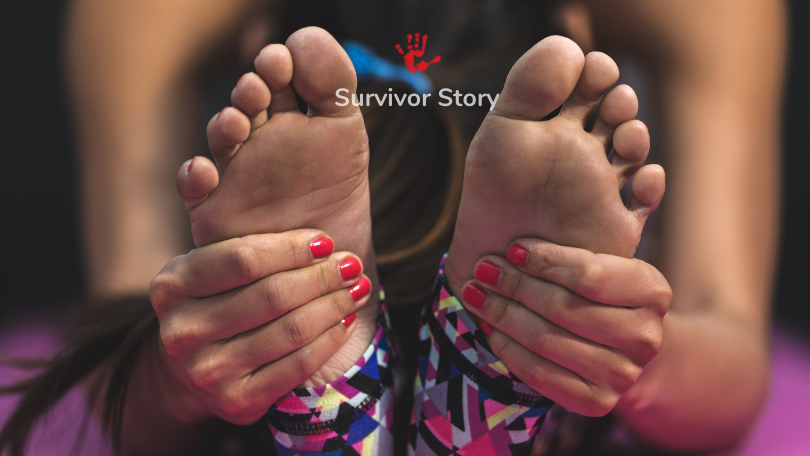Generational Abuse Torch Passing
One of the most painful parts of survival and recovery from parental abuse is the loss of one’s own siblings to the dark side of the familial abuse structure.
As narcissism is commonly associated with abusers and abusive family systems, children in these families tend to fall into two camps: the chosen child or the rivaled against child. The rivaled against child (think Cinderella) is more of the overt target of abuse, while the chosen child (think Cinderella’s stepsisters) seem to be treated better on the surface, but are abused nonetheless, albeit in a more covert and manipulated way where they are prevented from fully developing their own sense of self.
Each type of child role comes with both a price as well as a consolation prize. Because the Cinderella, rivaled against children, are more overtly targeted, they may not experience much or any feelings of parental love which comes at a great price to the child’s psyche, but the consolation prize is that they are much more likely to see their treatment for the abuse that it is, and therefore have the highest likelihood of escaping the abusive family system. The Stepsister, chosen children, are praised and receive the closest thing to love that the narcissistic parents are capable of, but the price is the child’s sovereignty and development of self, independent from the narcissistic parent’s projections. In other words, chosen children can have unclear separation between their thoughts and values and that of the narcissistic parent’s.
In the fable, Cinderella isn’t particularly bonded to her stepsisters, so their treatment of her, while painful, isn’t a deep-cutting betrayal. But what if Cinderella and her stepsisters had once been close, had been trauma bonded? What if the stepsisters had once upon a time been allies with Cinderella in a shared fear of the abusive Stepmother? I believe this scenario would more closely represent narcissistic family structures and the twisted layers of pain for the victims.
In my own experience, my sibling and I grew up in a violent household where we witnessed our father abusing our mother on a nightly basis. We were deeply trauma bonded and would hold each other in fear to fall asleep at night. He was the only person in the whole world who understood what it was like growing up at our house. I saw us both as individuals walking the same path trying to survive and escape our childhood, in other words, both Cinderellas. But the sad truth is that narcissistic and abusive family systems are multi-generational and it might have been predictable that one of us would have to step into the role of being the “stepsister,” allied with our abuser due to their preferential treatment.
Watching your sibling transition from fellow abusee to identifying and acting more like the abuser themselves can be devastating, especially if you become the target of their hatred, just like you had been by your abusive parent. It can feel like grieving the death of the sibling you used to know while also experiencing the lowest betrayal at the same time.
How do you recover from this?
1. Just know that it is not your fault. There is nothing you could have done differently to change the outcome. Narcissistic and abusive family system roles are multi-general because they are compelling and it takes real self-awareness and a great deal of conscious hard emotional work to break these deeply ingrained patterns. Abusers are unlikely to do this.
2. Abuse is an endeavor of survival. For the chosen children, the easiest path of survival is presented to them by the narcissist/ abuser: to go along with their demands in exchange for (something that looks like) love, safety, and approval. The love of a parent is very alluring. Even if it feels unethical, it is understandable that a child would choose safety and love even if their sibling isn’t offered the same thing. The beliefs we adopt as children often follow us into adulthood. This context can help us understand or maybe even forgive our sibling for following in parental footsteps.
3. Know that hurt people hurt people. This doesn’t take away your pain but does provide context for it. Their behavior can be a sign that they are hurting in a big way.
4. Grieve the loss of who your siblings were, could have been, and actually turned out. Send them love and a prayer that they’ll come to “get it” one day while also grieving the fact that they likely will not.
5. Know that even though their treatment was preferential and in many ways better than your own treatment, that it was also abuse. You aren’t actually rivals, you are both different types of victims.
6. Whenever possible in your day-to-day moments, choose what makes you feel good. Choose to surround yourself with people who make you feel good, doing activities that make you feel good, consuming food and media that makes you feel good.
Wishing you the very best in your recovery from the abuse you experienced.
Also by
Azure Moyna
Do you know your score?
Discover your ACE score and unlock a new understanding of your life. Take the test and gain insights into how your early experiences shape your well-being. Don't let your past define you – empower yourself with knowledge.
Azure Moyna
Writer and Coach
Azure Moyna is a writer and coach about issues relating to food, body, mental illness, familial dysfunction, societal treatment of overweight people, and the healing journey. Azure is the author of her memoir, Fullness.
